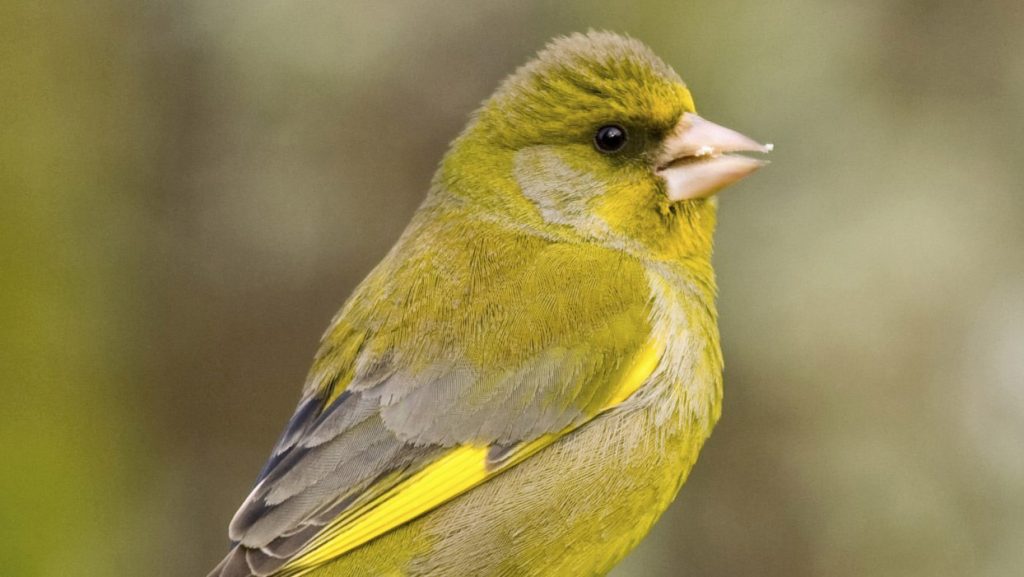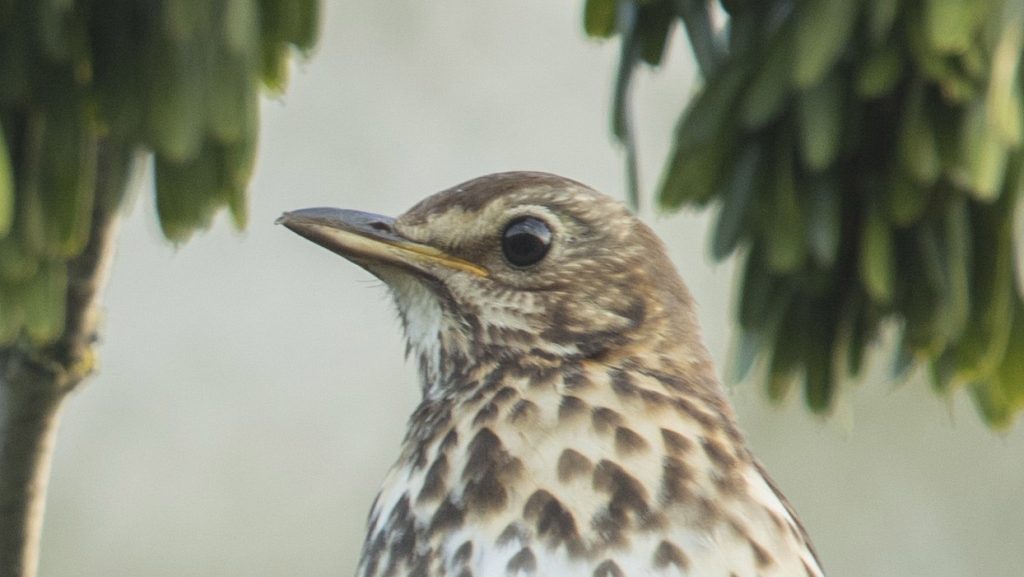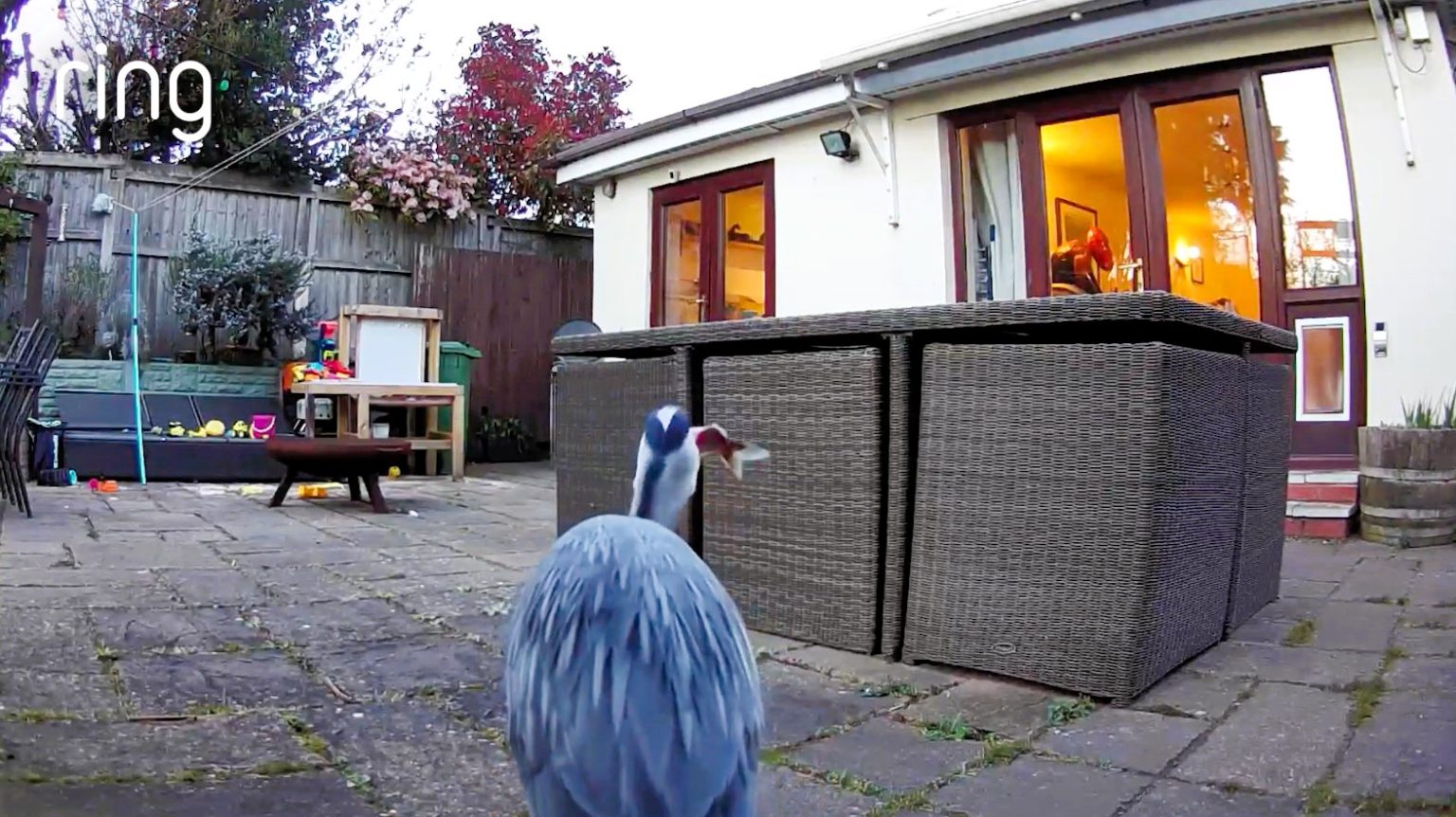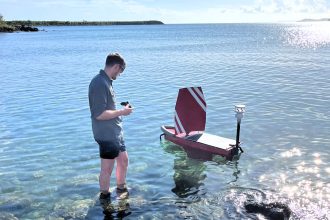A heron has been caught on a Ring security camera eating a pet fish after nabbing it from a garden pond.
The towering bird was spotted with the floundering fish in its beak before swallowing it whole.
It comes as over two thirds of Brits are using their outdoor cameras to spot wildlife.
READ MORE: Wild horse and her foal dragged from mud pit in dramatic rescue
The hilarious compilation clip included an inquisitive Blue Tit inspecting the outdoor equipment.
The video also features a family of owls gathered inside the roof, squabbling over dinner.
Remote birdwatching is now on the rise with a new study revealing Gen Z and Millennials taking up the hobby, as reported by Need To Know.
A whopping 73% of Brits have said birdwatching has improved their wellbeing.
The study of 2,000 adults conducted by Ring, revealed 60% regularly observe birds in their gardens.
The results revealed that a quarter of under-35-year-olds plan to start birdwatching in the spring.
To celebrate the rise in interest Ring has teamed up with the RSPB to provide top tips to new birdwatchers to help protect species of birds that may visit.
Over 1,000 users admitted that birdwatching has helped reduce their stress with a huge 64% finding the remote hobby appealing.
The most recent RSPB survey revealed that Starling’s have dropped to their lowest recorded levels.
Song Thrush and Greenfinch populations also experienced significant declines over the past 40 years.


The new wave of birdwatchers have been encouraged to do three key actions to help support bird conservation.
The RSPB recommends Brits to install bird-friendly habitats such as nest boxes, plant native flora and to submit their sightings from Ring devices of key species by using the share feature.
Ring is now giving away 50 devices to capture footage of different bird species.
Several applicants will be gifted a free Ring outdoor camera battery from Ring, available to those between 18 and 35.
Dave Ward, Managing Director EU & International at Ring, said: “Ring is best known for keeping neighbourhoods safer, but we’re always impressed by how our devices can capture remarkable wildlife footage.
“We hope that collaborating with the RSPB will raise important awareness of declining bird species, while encouraging customers of all ages to enjoy the benefits of connecting with nature from wherever they are.”
Emma Marsh, the RSPB’s director of digital technology and communications said: “The decline of key British bird species like the Starling and Greenfinch highlights the urgent need for conservation efforts across the UK.
“Remote birdwatching plays a crucial role in raising awareness and connecting people to nature, and every sighting contributes to our understanding and protection of these vital species.”
READ MORE: Britain’s biggest dolphin found dead from ‘mystery substance’










